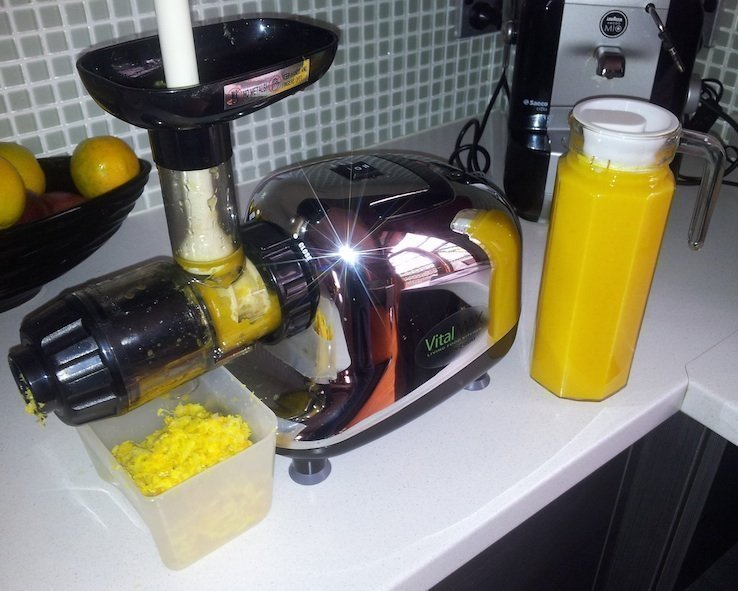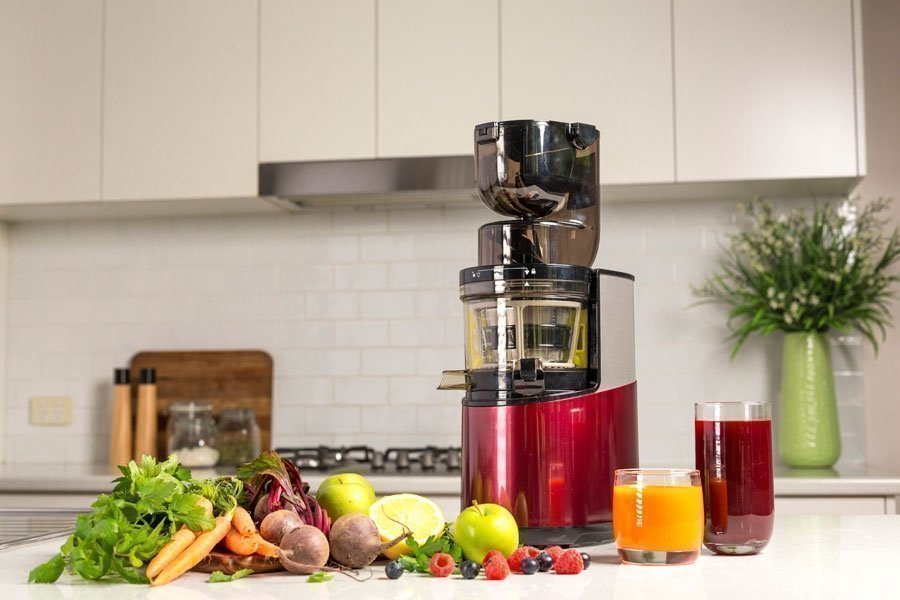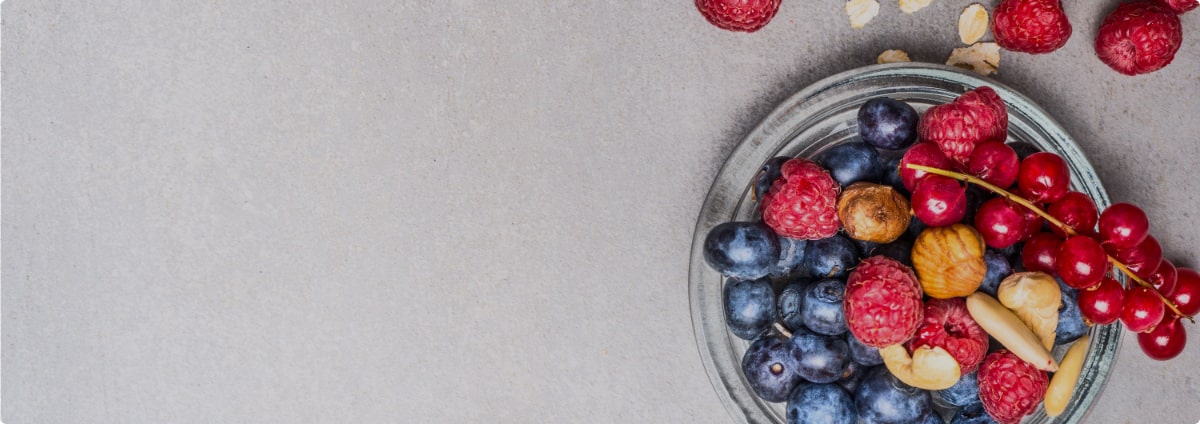Vitality 4 Life uses cookies to provide and improve our services, if you continue browsing, we consider that you accept its use. For more information, please see our privacy page.

Juice diet for weight loss which gives longer term results
Put simply, considerable weight gain may have happened over many years, therefore it is a more realistic approach to accept that losing this weight may also take a while. A focus on progress, not perfection is a gentler way to treat yourself and remove pressure for immediate and substantial weight loss which studies show is rarely maintained. Following popular 'diets' may work to bring about weight loss, but research shows that lost weight is commonly regained once people go off the 'diet'. We refer to a juice diet as a longer term approach toward increasing nutrition while gradually removing foods from your diet which don't provide benefits.
Education and knowledge is empowerment but you don't need to become a nutritionist to understand some of the fundamental concepts to managing weight. If you are embarking on a weight loss program, look for good information that makes sense to you, and focus on increasing your 'health and vitality' rather than 'losing weight'.
The HUNGRY FOR CHANGE documentary uncovers the $60 billion diet and weight loss industry in the U.S. and explores the shift from 'diet' meaning the removal of unhealthy foods on a temporary basis, to concentrating on a longer, more integrative approach to increasing the intake of healthier foods in an ongoing basis.
Read more about this documentary and watch the trailer from the link below.
Neuroscientist Sandra Aamodt explores the science behind why dieting doesn't work using her personal story in this TED.com talk centred around 'mindful eating'. Watch the talk here.
Over the past 23 years we have spoken to thousands of people who are familiar with the benefits of juicing, and also many who question why they should consume juiced fruits and vegetables instead of simply eating them in their whole form. Below is a list of our most commonly asked questions.
What is the best juice diet for weight loss?
There are specific juice combinations which work to improve digestion, promote bowel cleansing or work as a diuretic. Increasing your consumption of these particular juice mixes, together with generally boosting our diet with nutrient dense foods, and gradually eliminating food that is not constructive is a longer lasting approach to maintaining a healthy weight.
We need fibre. Why would we want to remove it from fruits and vegetables?
The juice from fruits and vegetables, when extracted correctly, gives you a direct source of chlorophyll rich water which our bodies can assimilate almost immediately, and which doesn't require digestion. Juicing your vegetables is the best way to flood your body with minerals, vitamins, enzymes and phytonutrients.
Juicing removes the insoluble fibre from vegetables and fruits allowing for increased absorption, while the soluble fibre remains in the juice. It's difficult to eat 10 carrots, 5 stalks of celery, half a beetroot, 2 apples and a bunch of kale - but it's very easy to drink the juice from this.
Juices are digested immediately and begin cleansing and healing long before the same whole foods can begin to work and the effects are quite rapid.
One step further, and a method endorsed by The Hippocrates Health Institute based in Florida and a leader for more than 40 years in the healing power of living foods, recommend a day of juice fasting each week to give your body a physiological rest from digesting food.
Longer lasting juice fasts puts the body into "housecleaning" mode, called autolysis, which is the digestion of damaged, aged cells. Autolysis typically begins on the third day of your juice fast.
I drink bottled juice from the supermarket. What is the difference between store bought juice and juice I make at home?
Just like there has been increased awareness of the benefits of juicing, we have seen all types of bottled juice brands and blends in the cold section of the supermarket. There are three main ways of preparing produce in a juiced form.
Pasteurisation means that the juice is heated to kill any bacteria, moulds, and unwanted organisms and while this vastly extends the 'shelf life' of the juice, it also destroys essential vitamins, minerals, and enzymes necessary which are the foundations for abundant health.
Another method is called high-pressure pascalization (HPP), which uses high-pressure chambers instead of heat to inhibit bacteria growth. HPP also extends shelf life but it's worthwhile to check the label to see if additives or sugar are present. The more expensive juices in the cold section of the supermarket are most likely to be processed by this method.
Cold-pressing means that the juice is extracted by crushing the fruit or vegetable, and then pressing it to get the highest yield of juice BUT more importantly, it is the benefits from the intact nutrients and enzymes that make cold pressing the ultimate way to extract a juice.











